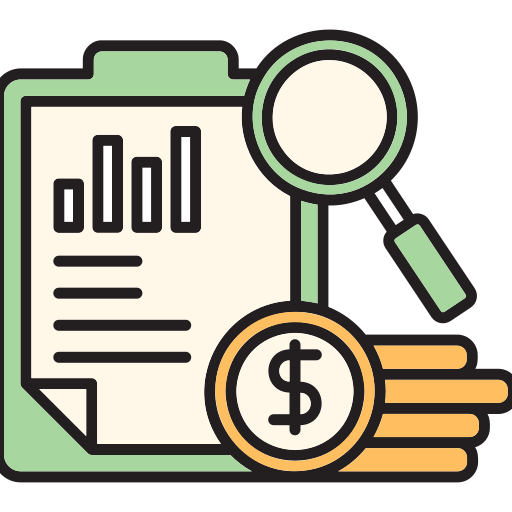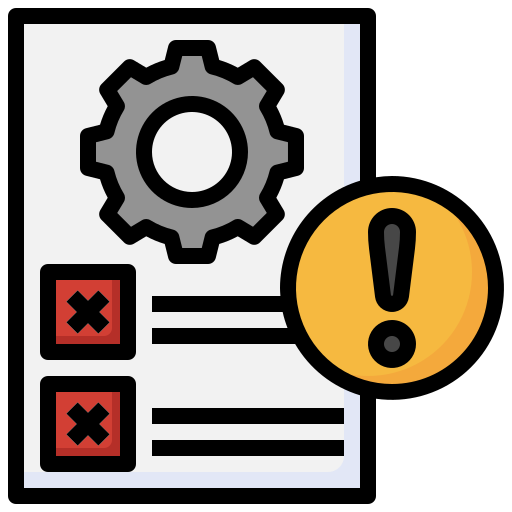How to Buy a Business
Sign contracts, transfer ownership, and ensure a smooth transition.
Thinking About Buying A Business?
Buying a business is a strategic way to accelerate success. At ThrivePoint Advisors, we guide you through identifying the right opportunity, conducting thorough due diligence, securing financing, and negotiating favorable terms. Focus on businesses with strong cash flow, growth potential, and cultural alignment. Our expertise ensures you avoid pitfalls and make informed decisions, turning acquisition into a pathway for growth and wealth creation. Partner with ThrivePoint Advisors to confidently navigate your business purchase journey.

Business-for-Sale Listings
Found on marketplaces like BizBuySell, BusinessBroker.net, or through brokers, where businesses looking for buyers are advertised with financial and operational details.
Steps to Buying a Business

Determine Your Goals
Identify the type of business that fits your skills, interests, and financial capacity.

Search for Businesses
Look for opportunities through online marketplaces, brokers, or industry networks.

Analyze Financials
Review income statements, balance sheets, tax returns, and cash flow.

Conduct Due Diligence
Verify legal, operational, and financial details to assess risks.

Negotiate Terms
Agree on pricing, payment structure, and transition terms with the seller.

Secure Financing
Obtain funding through personal savings, loans, investors, or seller financing.

Finalize the Deal
Sign contracts, transfer ownership, and ensure a smooth transition.

Financing Options
Found on platforms like Google Business Profile, Yelp, LinkedIn, and industry-specific directories, helping businesses attract customers and improve search engine visibility.
Due Diligence Checklist
A Due Diligence Checklist is a structured list of documents, information, and key areas to review before making a business decision, such as a merger, acquisition, investment, or partnership. It typically includes financial records, legal documents, contracts, intellectual property, operational data, compliance reports, and potential risks to ensure informed decision-making and risk mitigation.
This checklist typically covers key areas such as:
Financial Review: Examining financial statements, tax records, debts, and revenue trends.
Legal & Compliance: Checking contracts, litigation history, regulatory compliance, and intellectual property rights.
Operational & Human Resources: Assessing business processes, employee agreements, policies, and organizational structure.
Market & Customer Analysis: Understanding market position, customer contracts, and competitive landscape.
Technology & Assets: Evaluating IT infrastructure, patents, trademarks, and physical assets.
By conducting thorough due diligence using this checklist, businesses and investors can identify potential risks, validate business claims, and make informed decisions with confidence.

Common Mistakes to Avoid
Understanding these mistakes helps individuals and businesses improve decision-making, avoid pitfalls, and achieve better results.

Lack of Preparation
Identify the type of business that fits your skills, interests, and financial capacity.

Poor Communication
Misunderstandings due to unclear or insufficient information.

Ignoring Details
Making impulsive choices without proper analysis.

Rushing Decisions
Making impulsive choices without proper analysis.

Failure to Adapt
Sticking to outdated methods instead of adjusting to new trends.

Not Seeking Expert Advice
Avoiding professional guidance when needed.
